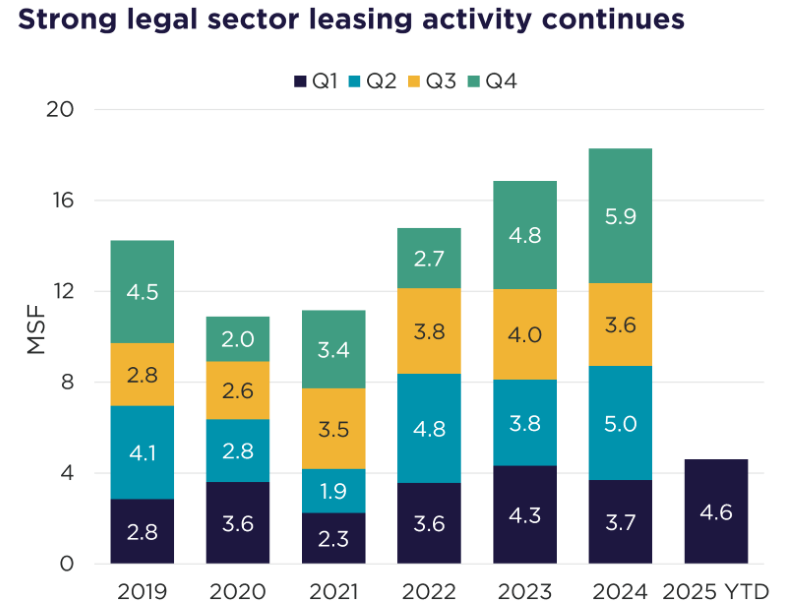Suzann Silverman: Should Real Estate Fear the Economy?
Prudential market experts were largely optimistic in their prognosis for the global economy during yesterday’s annual forecast. Strategists from the fixed income, retirement, quantitative management, international investment and annuities groups predicted moderate growth despite some concerns—mainly about oil prices, upcoming elections in Greece and Spain, the European Central Bank president’s expected decision to begin quantitative…
 Prudential market experts were largely optimistic in their prognosis for the global economy during yesterday’s annual forecast. Strategists from the fixed income, retirement, quantitative management, international investment and annuities groups predicted moderate growth despite some concerns—mainly about oil prices, upcoming elections in Greece and Spain, the European Central Bank president’s expected decision to begin quantitative easing on or around Jan. 22 and Japan’s economic performance. They focused a lot on high-yield assets as the real investment opportunity today, which pretty much kept real estate out of the discussion.
Prudential market experts were largely optimistic in their prognosis for the global economy during yesterday’s annual forecast. Strategists from the fixed income, retirement, quantitative management, international investment and annuities groups predicted moderate growth despite some concerns—mainly about oil prices, upcoming elections in Greece and Spain, the European Central Bank president’s expected decision to begin quantitative easing on or around Jan. 22 and Japan’s economic performance. They focused a lot on high-yield assets as the real investment opportunity today, which pretty much kept real estate out of the discussion.
That is not to say they don’t like real estate. In fact, they affirmed its continued presence on Prudential’s list of Most Favored Asset Classes. And during an informal discussion after the panel session, Prudential Real Estate Investors Senior Portfolio Manager & Chief Investment Officer Marc Halle, who oversees the company’s REIT business, expressed great satisfaction with the sector’s performance. No, it is no longer a high-yield vehicle, but that was never a realistic place for it.

Edward Keon Jr., Michael Lillard, John Praveen, Quincy Krosby and Srinivas Reddy (l. to r.), with moderator Ron Insana
So while, unlike in previous years, there was not a real estate expert on the panel, that may just make sense. After all, in an upcycle, with interest rates low, banks not overlending because they’re not pressured to take risks, and real estate fundamentals fairly well balanced, as Halle noted, real estate is much less sensitive to economic shifts than it has been in recent years.
Then again, there are fewer shifts taking place these days. With wage growth improving very slowly, confidence has yet to really take hold, and interest rates have been kept down “not because of growth but because of Europe and Japan,” according to Quincy Krosby, chief market strategist for Prudential Annuities. But Edward Keon Jr., managing director & portfolio manager at Quantitative Management Associates, sees greater benefits than risks from falling oil prices and “the regime of low interest rates and liquidity is probably going to continue for some time.” The result: “We are in a transition to a lower-return market across all asset classes.”
“I think boring is good. … Be patient and see how the Fed deals with this,” Krosby added.







You must be logged in to post a comment.